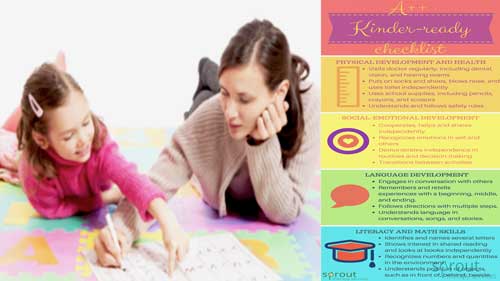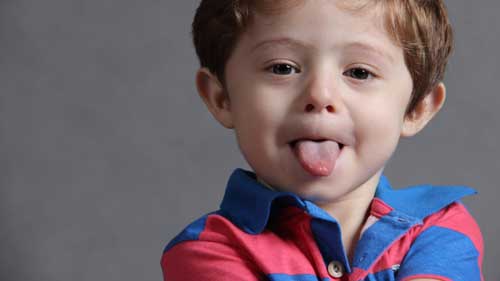We're Moving, and Expanding! |

When Fitting in is Hard to Figure Out
From Colorado Springs, CO
Ask a Speech Therapist

|
By: Rikki DeGrove, MA, CCC-SLP , Sprout Therapy Services, |

Katherine watches her son, Jack, standing against the wall, watching other children talking and playing in a group. Jack pulls out his Pokemon cards and counts or names them out loud, but no one inside the group notices him. Other children walk up to the group and join in with no problems, laughing and talking, while Jack stands on the sidelines looking in. When Katherine nudges her son to go talk to someone, he argues with her that no one wants to play with him.
This breaks her heart, but she's seen it happen before. The few times in the past he had tried to join in, he brought his Pokemon cards and began talking about the game without looking at anyone specific. Some kids were polite and listened, but their body language showed they weren't interested. Another told him...
"I already KNOW how to play that game!" and moved on with the group conversation.
Jack continued in his explanation of the game, as if it were the only thing that mattered in the world. It was like he had no ability to read the body language of the kids in the group.
He avoided eye contact and didn't notice when others looked away.
He didn't know the difference between the tone of voice of someone who was teasing him or when they were being genuine.
And he couldn't follow the group's conversation if it was about anything other than Pokemon.
He wasn't trying to be annoying, and despite his apparent lack of awareness of others' feelings and reactions toward him, he really did care about making friends.
From the time he was little, his teachers, psychologist, and speech therapists were always telling Katherine to "keep working on social skills." They recommended Jack join playgroups, sports teams and book clubs, but no matter how many activities they joined, Jack's social skills didn't improve. It was like all the other kids just "knew" how to join in and play, but he didn't "get it."
As he's gotten older, the gap between him and the kids in the neighborhood and at school has grown wider and wider. Gone are the days where starting a game of tag or digging in the sandbox together is considered "making friends." Kids his age now have more advanced ways of playing, like creating games with their own rules (which he cannot stand!), pretending to be characters or animals, (but unlike him, they know when to stop pretending), and they're becoming more opinionated about who they want to be friends with.
Even though Jack is an "A" student, everyday Katherine watches her son come home crying, saying he hates school and hates himself. She tries her hardest to figure out how to teach him how to fit in, but how do you put into words something that just comes natural to most people? She doesn't want to change who he is; she just wants him to find a friend who sees him the way she sees him.
How Social Skills Groups Can Help
The purpose of Social Skills Groups at Sprout Therapy Services is to teach vocabulary and strategies that help group members become more aware of the way they think, feel and act, so they can then understand why others think, feel, and act the way they do.
Concepts from the Social Thinking® framework created by Michelle Garcia Winner, CCC-SLP are taught by a licensed, certified Speech-Language Pathologist and practiced through group discussions, projects, and play. Groups will watch themselves on video to help them be aware of their own actions and how their behavior affects others around them.
• Once Jack understands that the thoughts another person is having are different from his own thoughts, he can begin to learn the crucial skill of perspective taking. This will help him realize that not every person enjoys talking about Pokemon.
• As he learns the hidden rules that people intentionally move their bodies closer to people they want to talk to, and use their eyes to show they are ready to talk, he will be able to practice putting his body in the group, and thinking with his eyes. This will help him show others that he wants to join in the conversation or game, and help him to know when to take his turn.
• Discovering how to rate the size of a problem will help Jack choose the size of his reaction and give him key strategies for improving emotional control. And using a Social Behavior Map can help him see the logical connections between his behavior and how it can change the way others feel.
Are Social Skills Groups Right for Your Child?
Click here to fill out a Social Skills screener form, or call us at 719-999-8417 and we will be happy to discuss your child and whether Social Skills Groups are right for him/her. We also offer one-on-one sessions for Social Skills and other speech and language difficulties.



